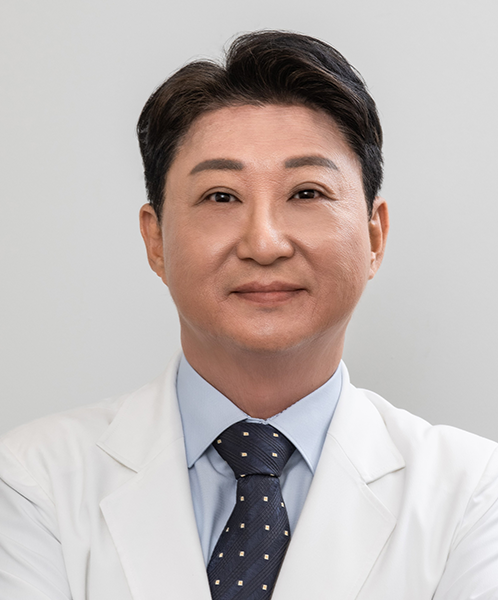
President
Korean Society of Clinical Chemistry
Yeo-Min Yun
Dear Members of the Korean Society of Clinical Chemistry,
The promising dawn of 2025 has arrived. I sincerely wish health and happiness to all of you and your families in this new year.
Thanks to your enthusiastic participation and unwavering support, our society has achieved remarkable accomplishments in the field of clinical chemistry and laboratory medicine over the past year. Notably, we made significant strides in areas such as laboratory methods evaluation, guideline development, research utilizing laboratory big data and artificial intelligence (AI), and the successful organization of the Clinical Chemistry Data Analysis Competition. Furthermore, under the leadership of the International Cooperation Committee, we strengthened our collaboration with the International Federation of Clinical Chemistry (IFCC) and the Asia-Pacific Federation for Clinical Biochemistry (APFCB), elevating the society’s international stature. As a result, we successfully secured the bid to host the 2031 APFCB Congress in Seoul.
In 2025, the Korean Society of Clinical Chemistry will continue to lead the clinical application of clinical chemistry laboratory tests and the integration of emerging AI technologies. Our society will actively promote various academic activities and industry-academic collaborations, striving to broaden the horizons of our discipline. Specifically, we will focus on the following key initiatives:
1. Enhancing Academic Activities: By invigorating our Spring and Fall academic conferences and workshops, we aim to share cutting-edge research and clinical knowledge while fostering collaboration among members.
2. Expanding Data Analysis and AI Utilization: We will explore new possibilities in clinical chemistry testing through big data analysis and AI-based research.
3. Strengthening Industry-Academic Cooperation: By bolstering partnerships with industry stakeholders, we will establish a foundation for sustainable growth and achieve meaningful advancements.
4. Fostering Member Engagement: We will actively support the academic and research activities of our members while creating an environment that encourages new ideas and collaborative projects.
I sincerely hope for our members' ongoing interest and unwavering support, enabling the Korean Society of Clinical Chemistry to continue leading progress and achieving global recognition. Together, in 2025, let us advance the field of clinical chemistry through our shared passion and collaborative efforts.
Wishing you all a new year filled with health, happiness, and meaningful achievements.
Thank you.
Sincerely,
Yeo-Min Yun,
President, Korean Society of Clinical Chemistry


